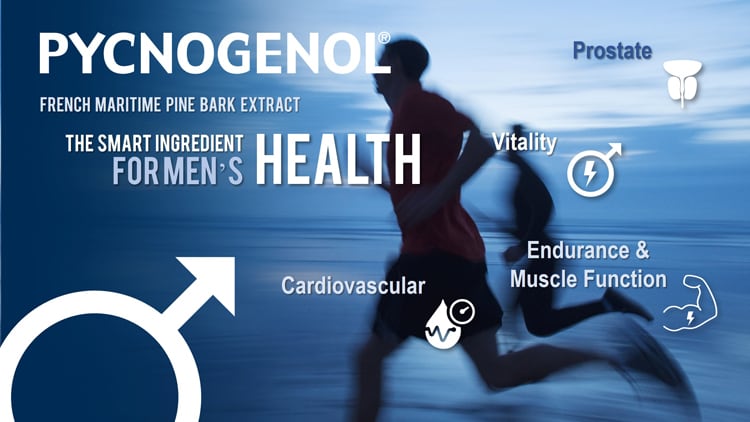In prehistoric times, stress helped our ancestors focus on danger. By increasing the heart and breathing rate, by releasing hormones like adrenaline and by providing more blood and oxygen to the muscles and less to the digestive tract, stressful situations prepared the body for a “fight or flight” response. Nowadays, we react in a similar way when under pressure at work or feeling unsecure when facing life changes or traumatic events. Such stressful situations can trigger - or worsen existing - disorders, diseases or pathological conditions (1). Several cognitive functions, like memory or learning capability are negatively affected by chronic stress (1). Stress over a long period can also impair immune system, cardiovascular health, gastrointestinal tract and hormonal balance (1). Furthermore, stress is a risk factor for mood disorders such as burnout syndrome, depression, chronic fatigue syndrome or post-traumatic stress disorder (PTSD) (2). Psycho-physical stress experienced during post- disease or surgery convalescence can have similar consequences.
News, Analysis & Insights on Nutrition, Supplements, and Health
Robuvit®: A Standout Natural Energy Booster
Related Resources

Pycnogenol® Alleviates Cellulite in Women
A new double-blind, placebo‐controlled study reveals that daily supplementation with Pycnogenol®, French maritime pine bark extract, reduces cellulite severity—a very common skin condition, most prevalent in women, linked to dermal structure and...

Pycnogenol®, a Men’s Health multitasker
According to the world health organization, men face a higher risk of premature death before reaching their 70th birthday compared to women.
Supplier Info Centre

For more product information visit Horphag Research.

